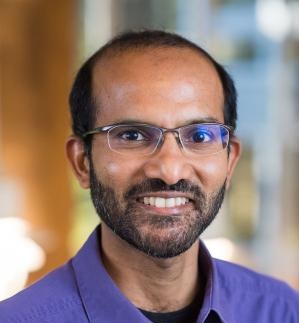GLP is an interdisciplinary community of science and practice fostering the study of land systems and the co-design of solutions for global sustainability.
The land system science (LSS) community was forged by a shared worldview that the changing interactions among human systems, the terrestrial biosphere, atmosphere, and other Earth systems, are best understood as mediated by human use of land. Accordingly, land systems “encompass all processes and activities related to the human use of land, including socio-economic, technological and organizational investments and arrangements as well as the benefits gained from land and the unintended social and ecological consequences.”. Change in land use—the purposes and activities through which people interact with land and terrestrial ecosystems—is a key process of global environmental change and, at the same time, generates many sustainability challenges. Land is the nexus of competing development claims and of crucial societal and environmental challenges and opportunities to address food security, access to water, livelihoods, land degradation, biodiversity loss, and climate change. Solutions to these challenges must balance complex trade-offs and synergies at multiple scales and demand multiple paradigms and perspectives.
For more than a decade, a growing interdisciplinary community of over 1200 active member-researchers worldwide have been producing knowledge to better understand and guide such transformations under the umbrella of the Global Land Programme (GLP) – a global research project (GRP) of the Future Earth Initiative. Guided by a Scientific Steering Committee (SSC) and coordinated by the International Programme Office (IPO) at the University of Bern, Centre for Development and Environment in Switzerland, GLP supports a global community via Nodal Offices, Working Groups, and individual members. Understanding Land System Science (LSS) as evolving from research about development of human-environmental systems to research for sustainable development of human-environmental systems, GLP’s rich co-design tradition of working with land managers and linking case-study and field-based research to global synthesis situate it as a key institution and platform accelerating transformative research oriented towards sustainable development.
Key Contacts


